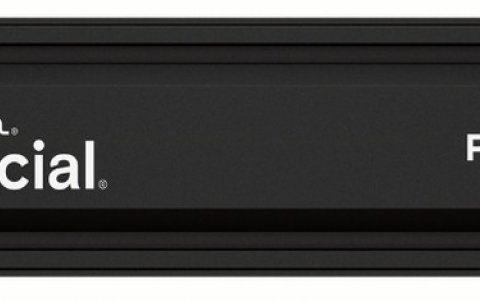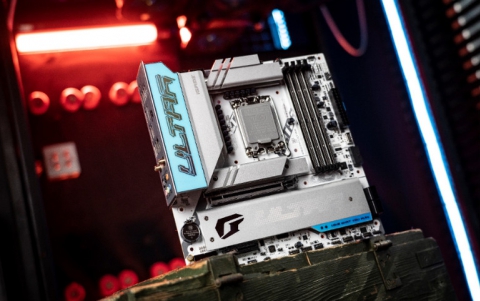Plaintiff Anonymous
Companies all over the world have problems with the Internet. It provides freedom of expression together with anonymity, a fact allowing everyone to shoot against the just and the unjust alike without being punished. The companies’ problem is focused on the publicity any litigation on their behalf, be it either fair or unfair, aimed against anyone who would use abusive remarks on them would gain, resulting thus in a course of events contrary to the ones sought for.
The novelty of a trial, brought to the Virginia Supreme Court, lay in the fact that the libel action against an anonymous user was lodged by a group of…anonymous plaintiffs. The company appeared in Court under the “Incorporated Listed Company” alias, demanding rogatory commission to unveil the identity of five anonymous users, who were alleged to belong to the staff it employed.
However the Court refused to intervene in favour of the company on the grounds of the plaintiffs’ inability to present sufficient reasons justifying the “secrecy of their identity.” “In this case,” the judge proclaimed, “the one and only justifiable reason for the plaintiffs remaining anonymous is none other than fear for financial prejudice. Even though financial prejudice ranks amongst the causes needed to be taken under serious consideration, the anonymous plaintiff has not been in the position of providing the Court with sufficient proof to substantiate the specific circumstances under which his anonymity is deemed justified.”
The activists supporting freedom for the electronic press greeted the aforesaid magisterial decision with the satisfaction due to the freedom of anonymous speech on the Internet. Until today, dozens of lawsuits have been brought to court against anonymous Internet users, having mixed results. Yet, the one presented in this article was the first in which the accusers themselves were anonymous. “If one wishes to bring their cases to courts financed by the taxpayers’ money and would like to possess legal rights that would affect some people’s lives,” attorney Mr. Meagan E. Gray who defends anonymity in the Internet has stated, “then they will have to do it openly in court, so that they are liable to any check by the Press that would make Citizens aware of what is going on…”
By Pashos Mandravelis.
email to P. Mandravelis













